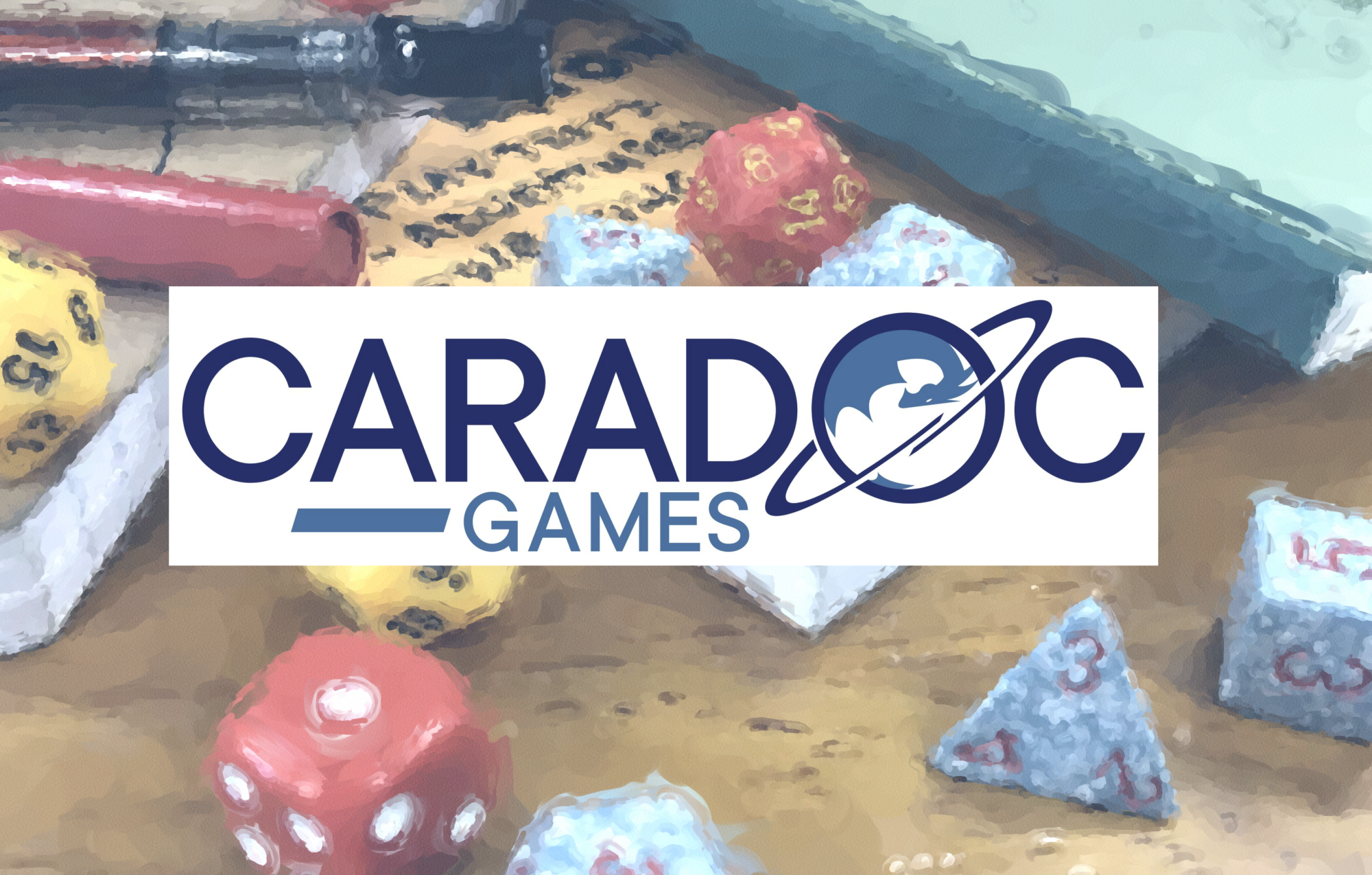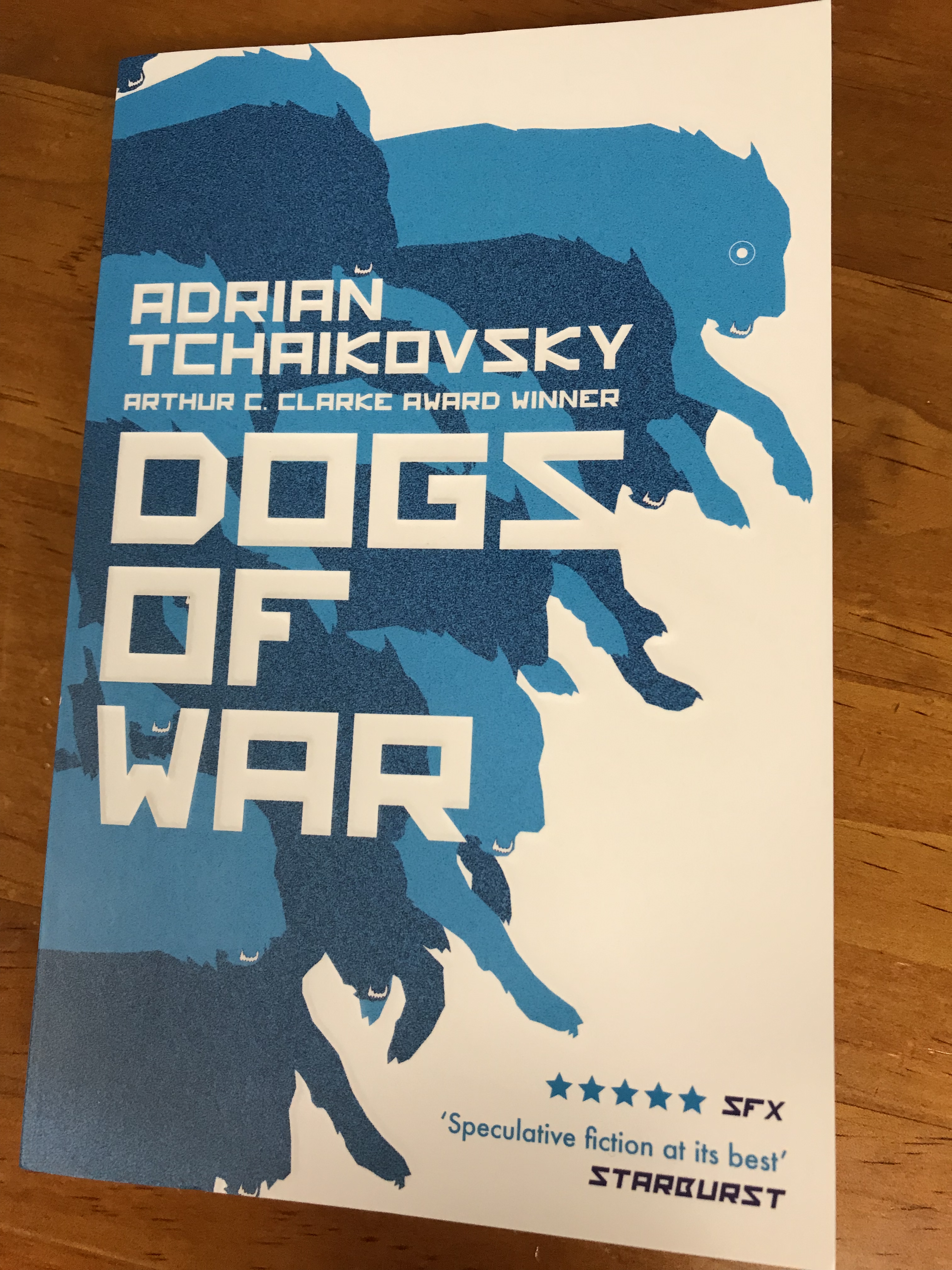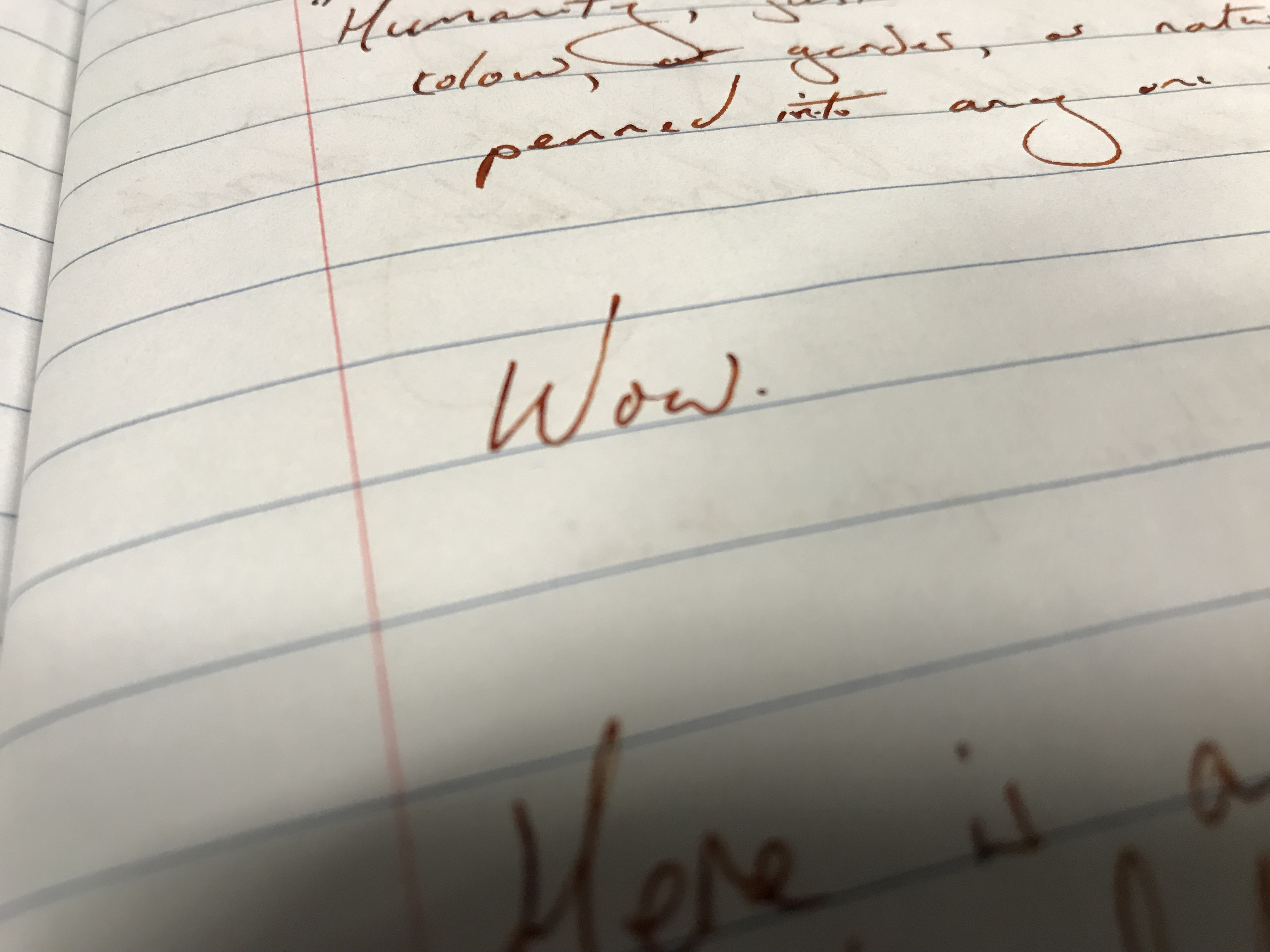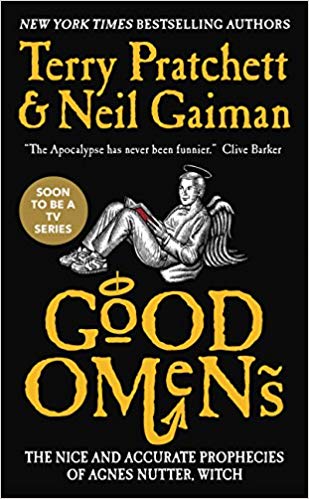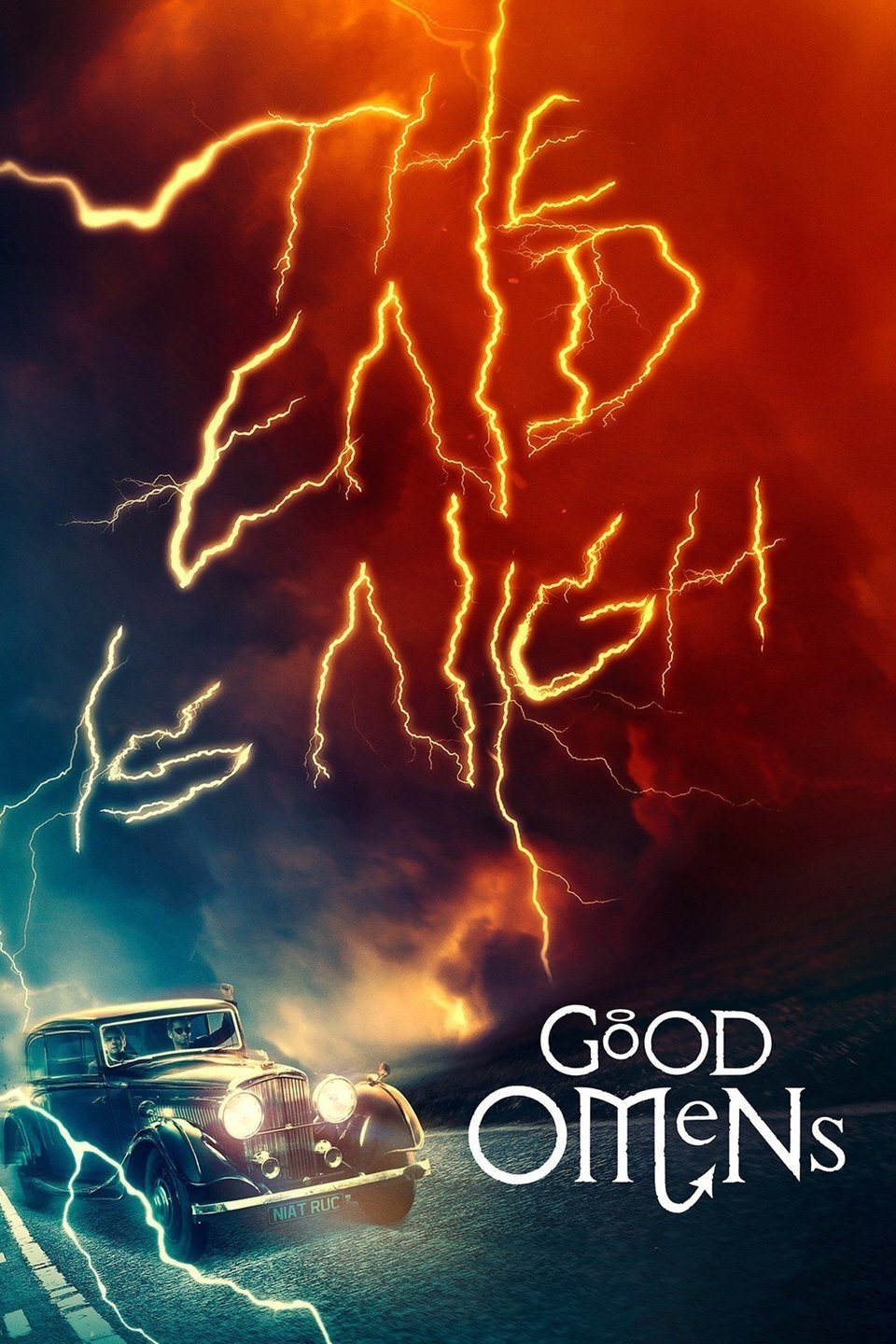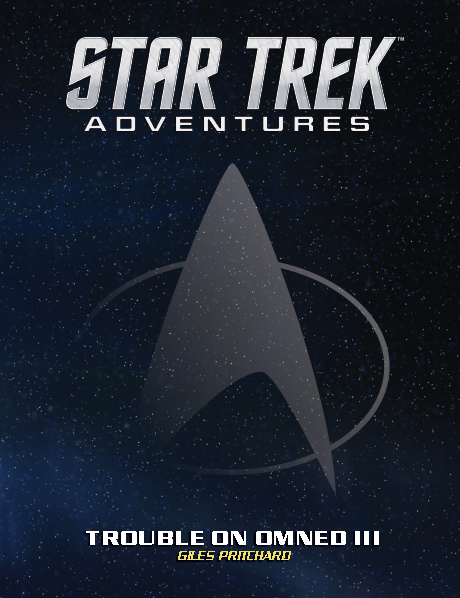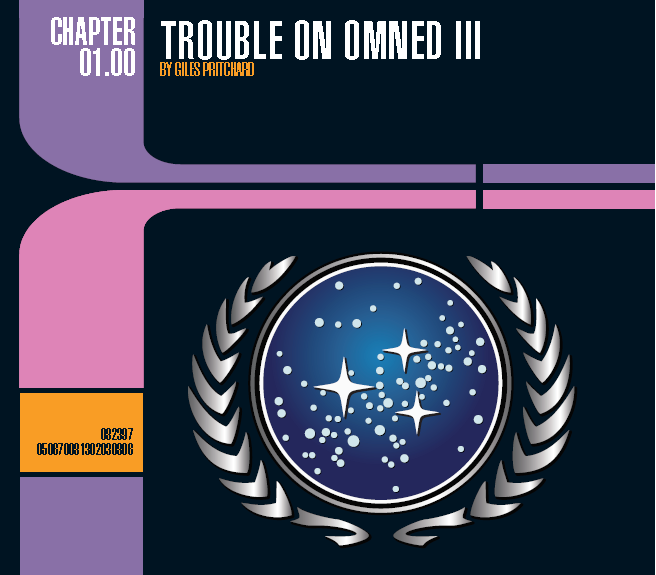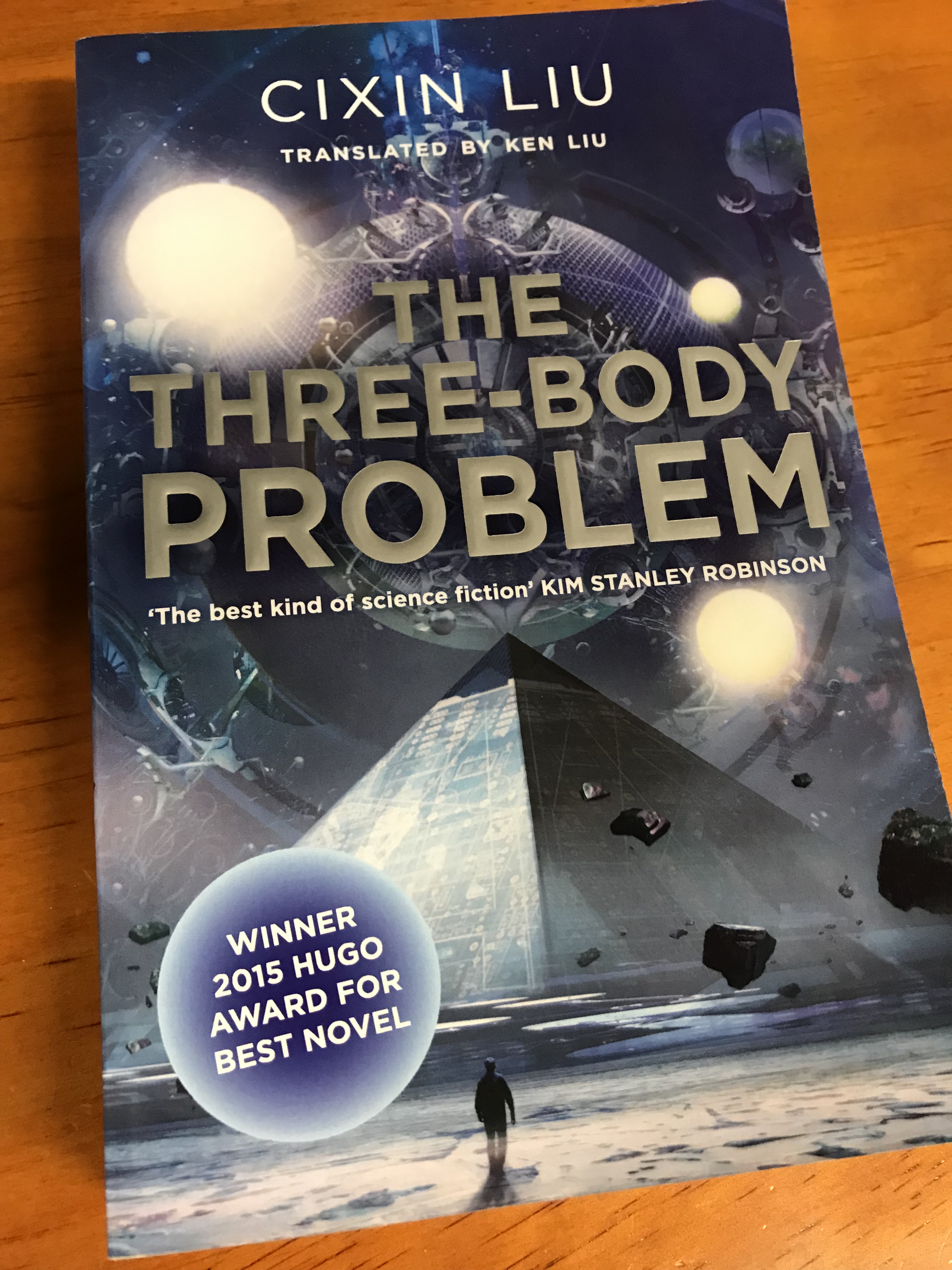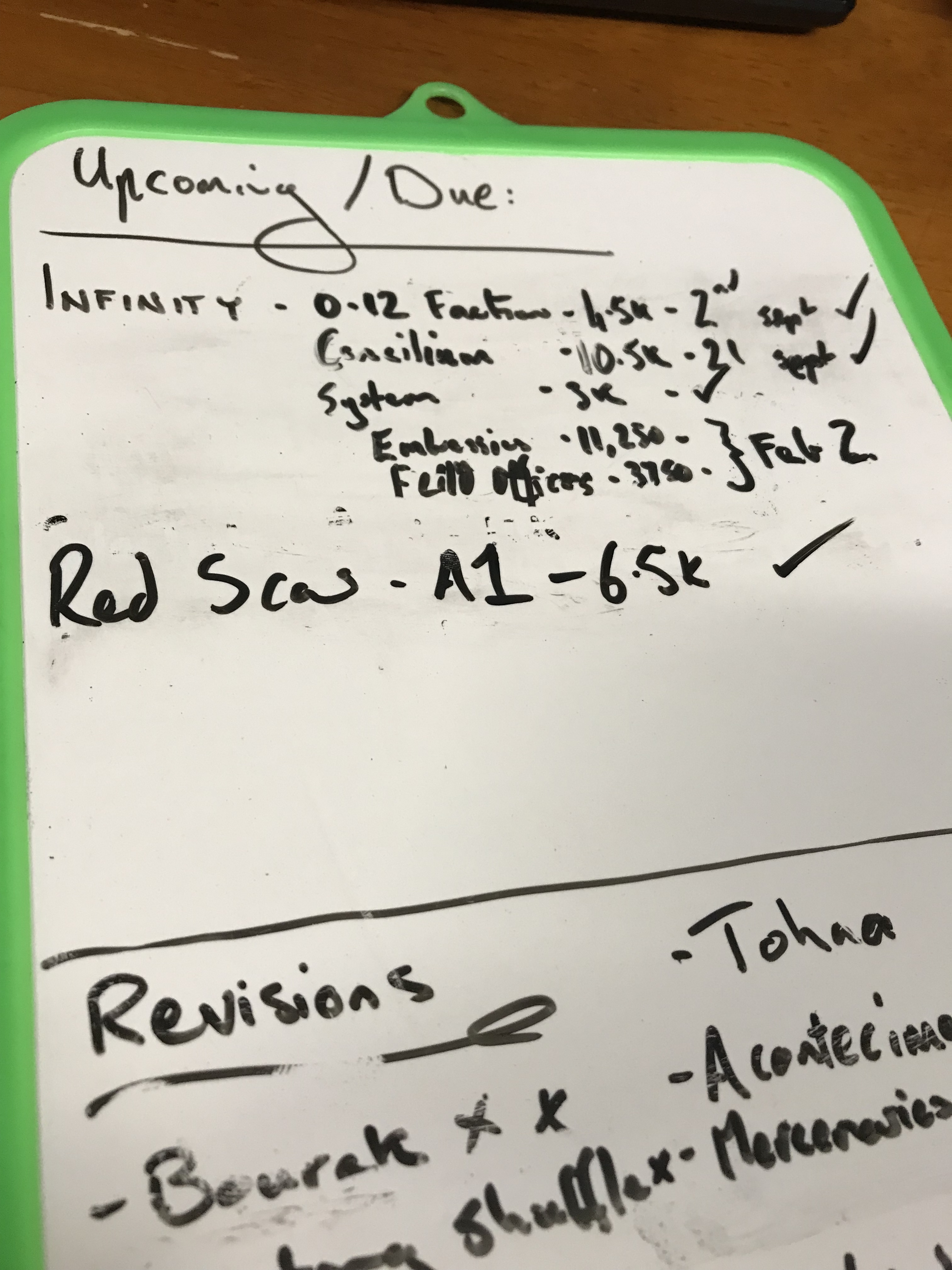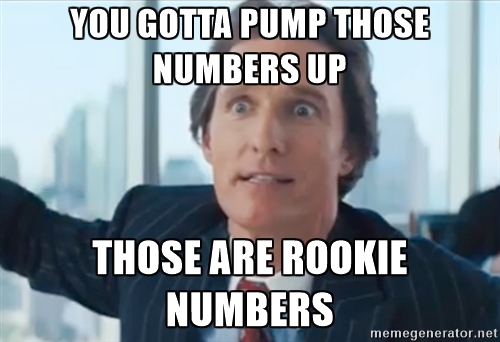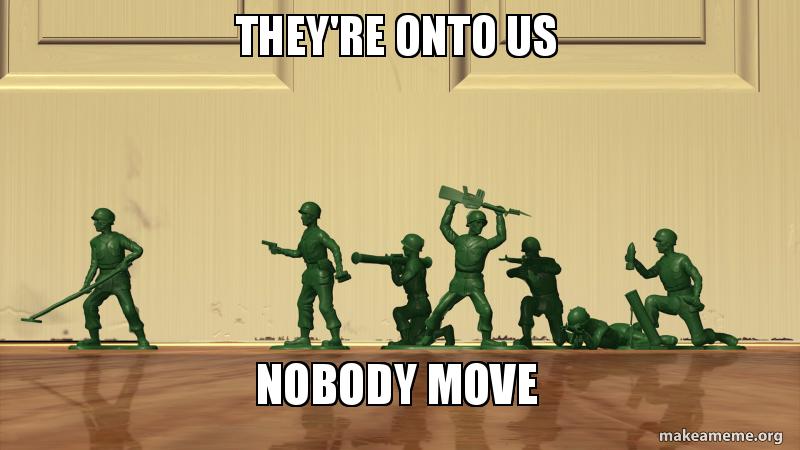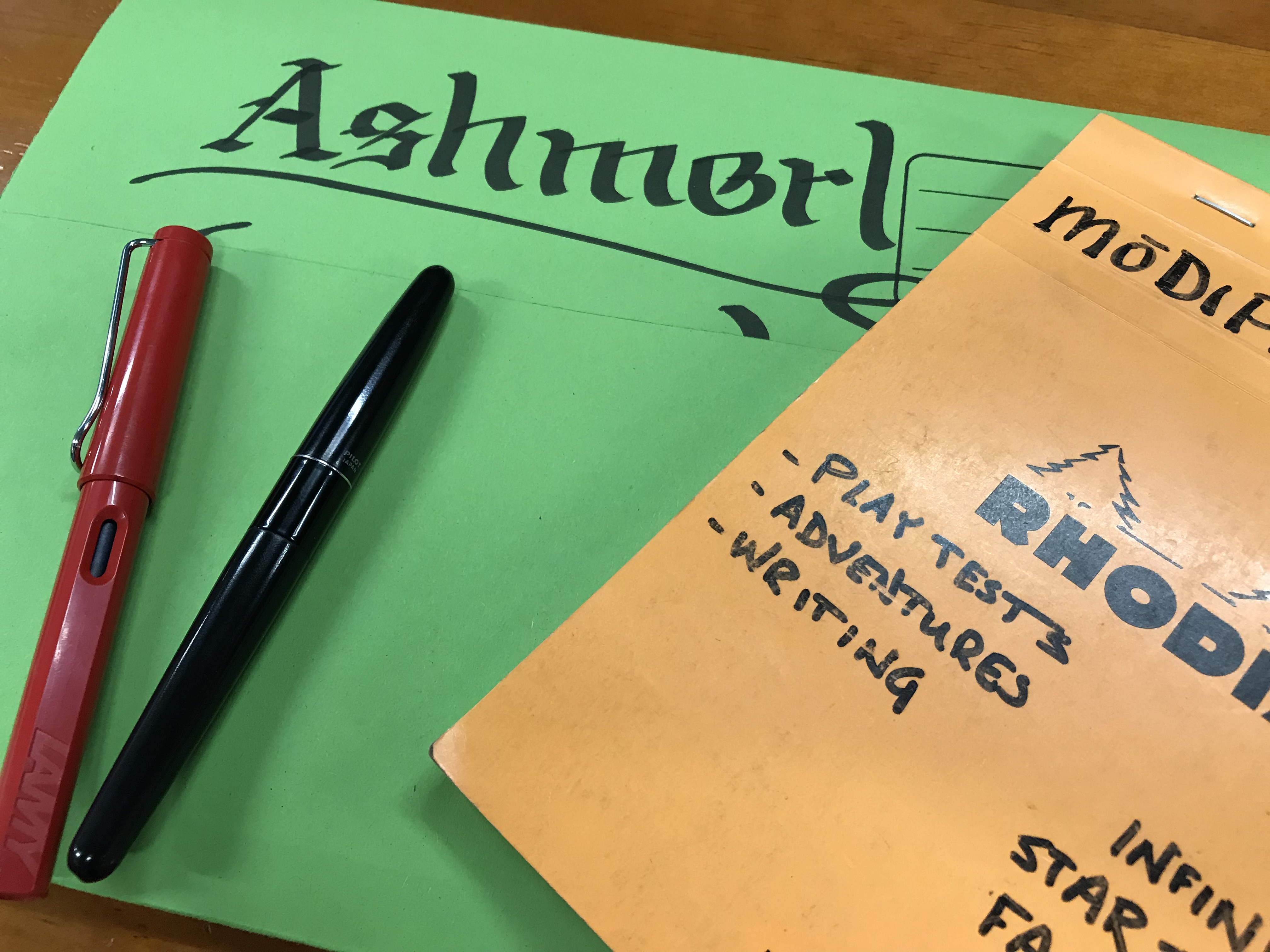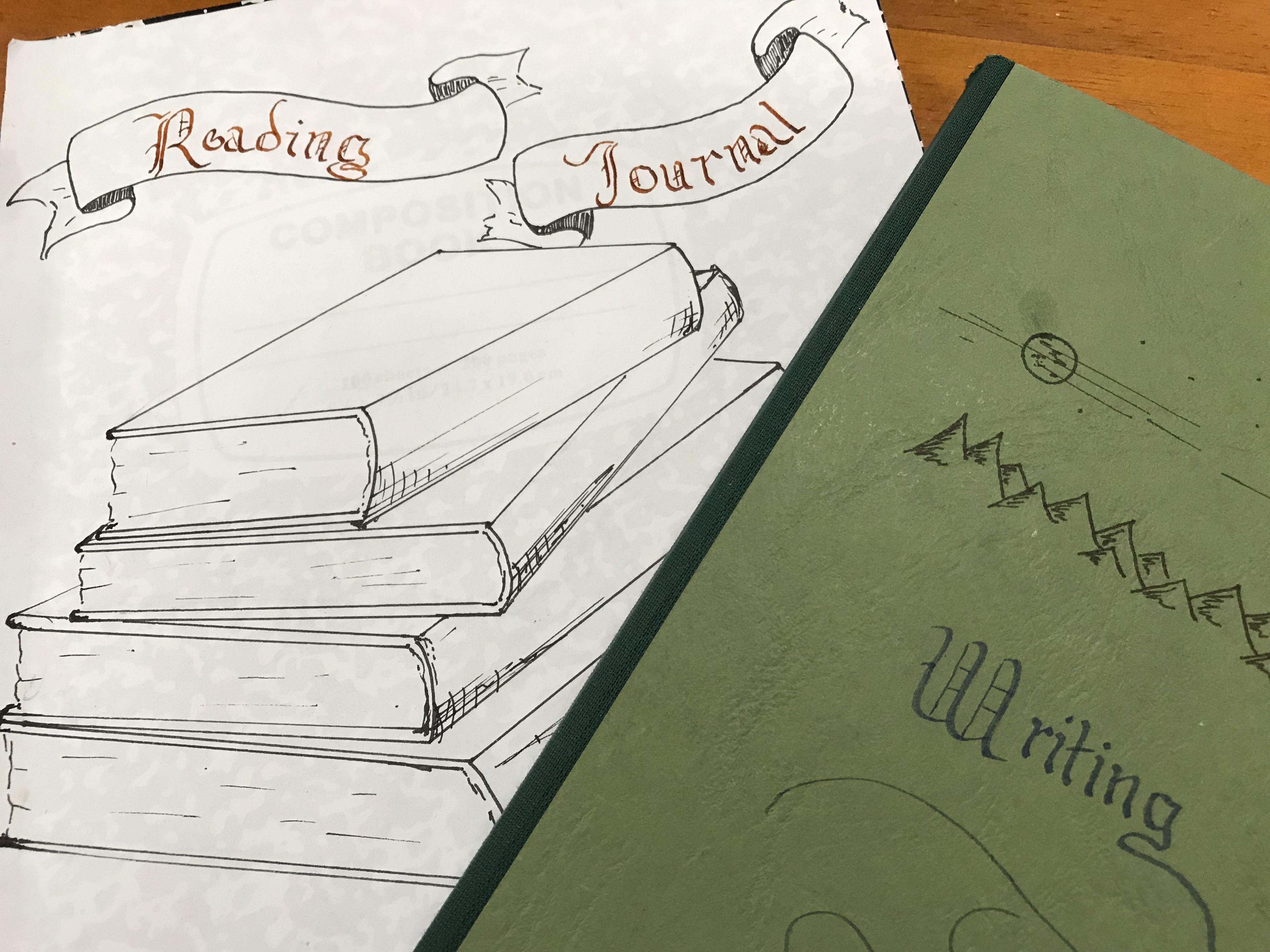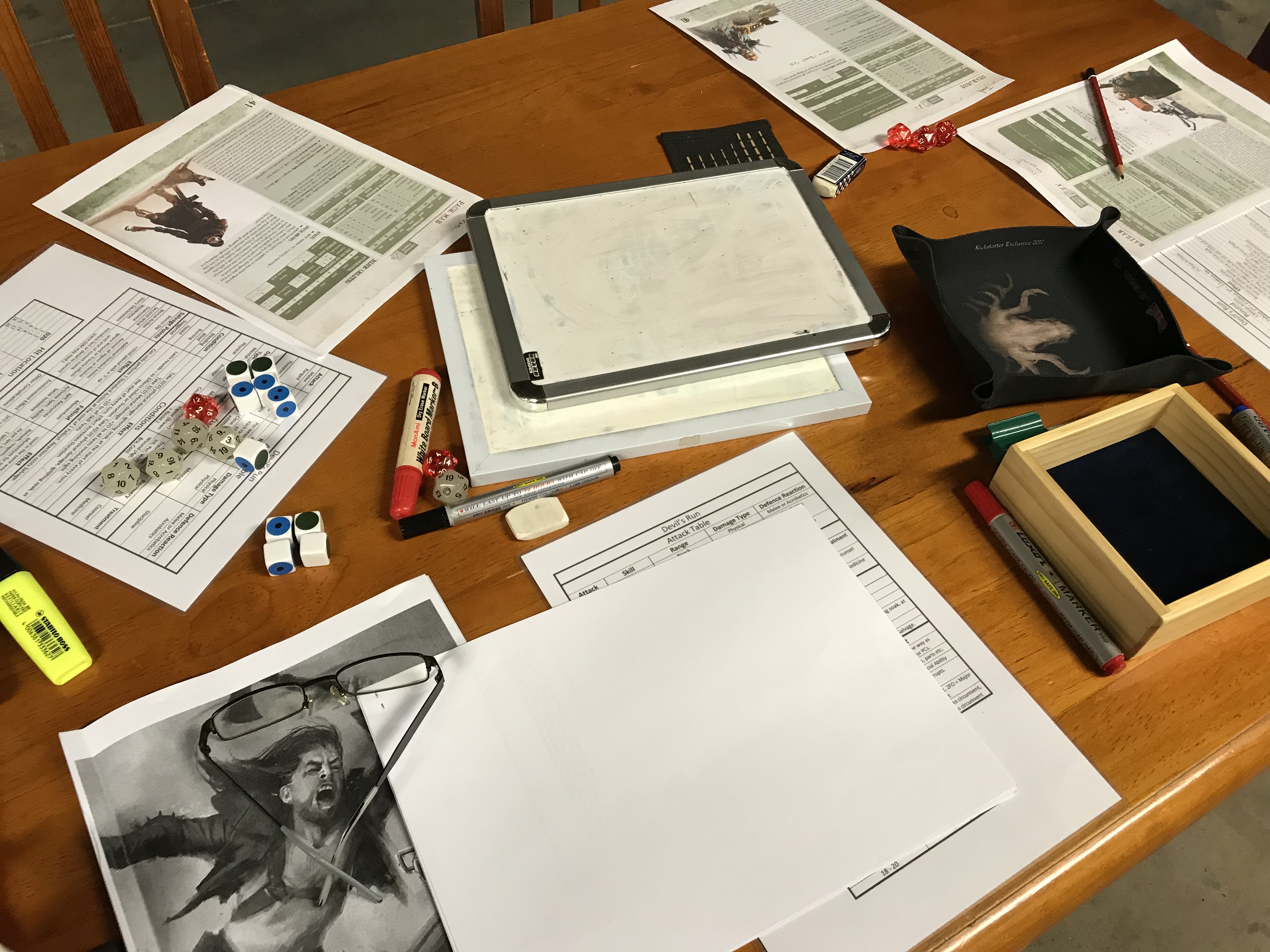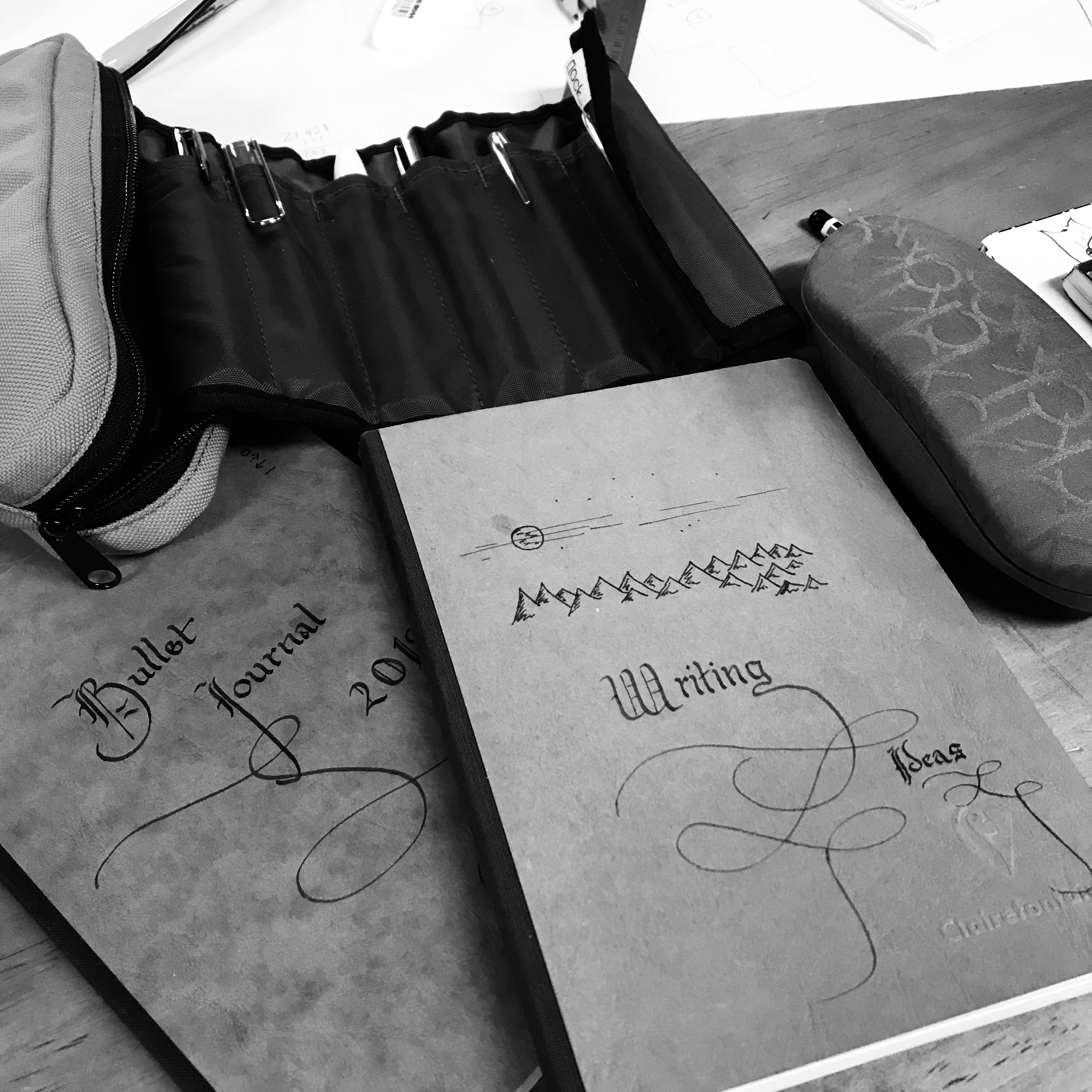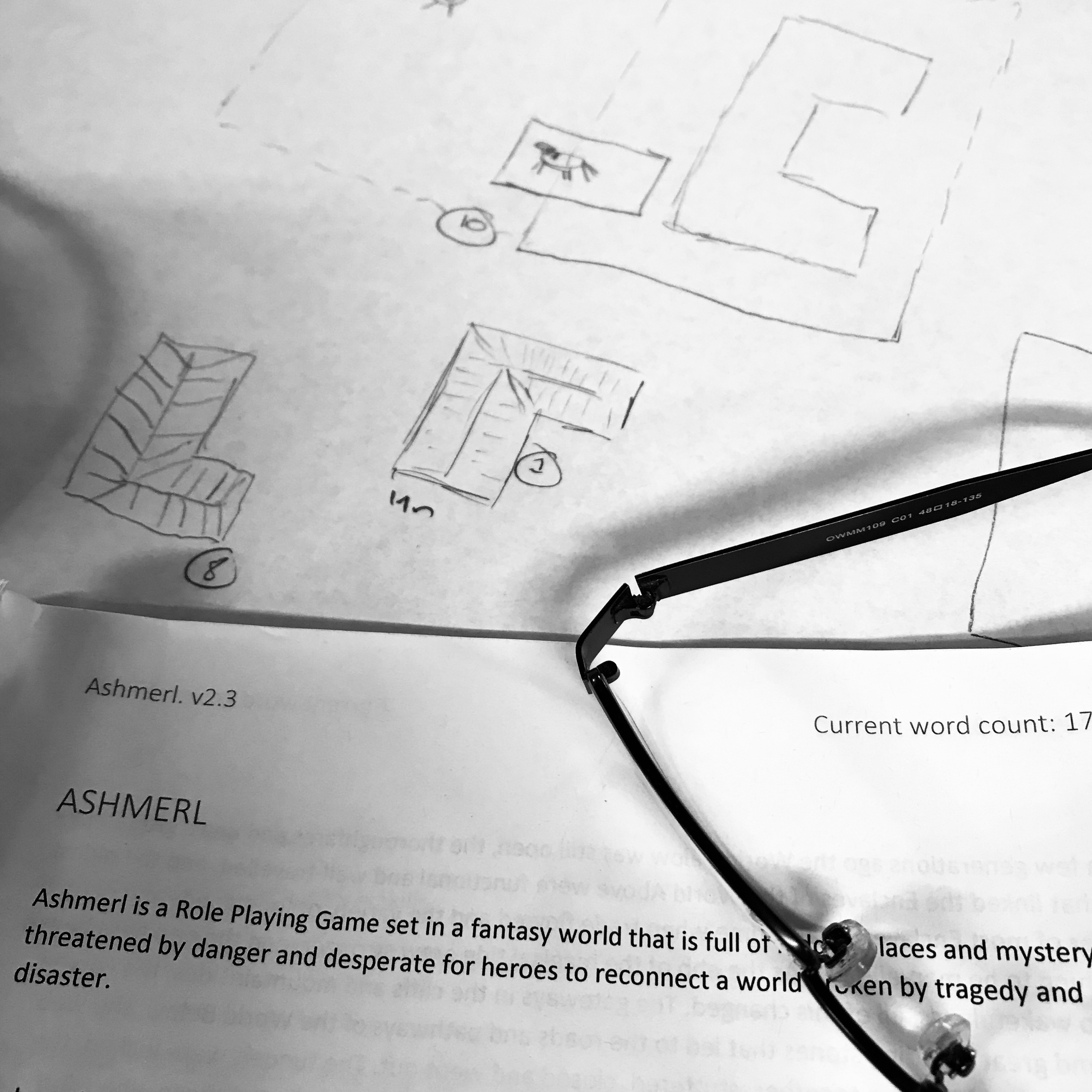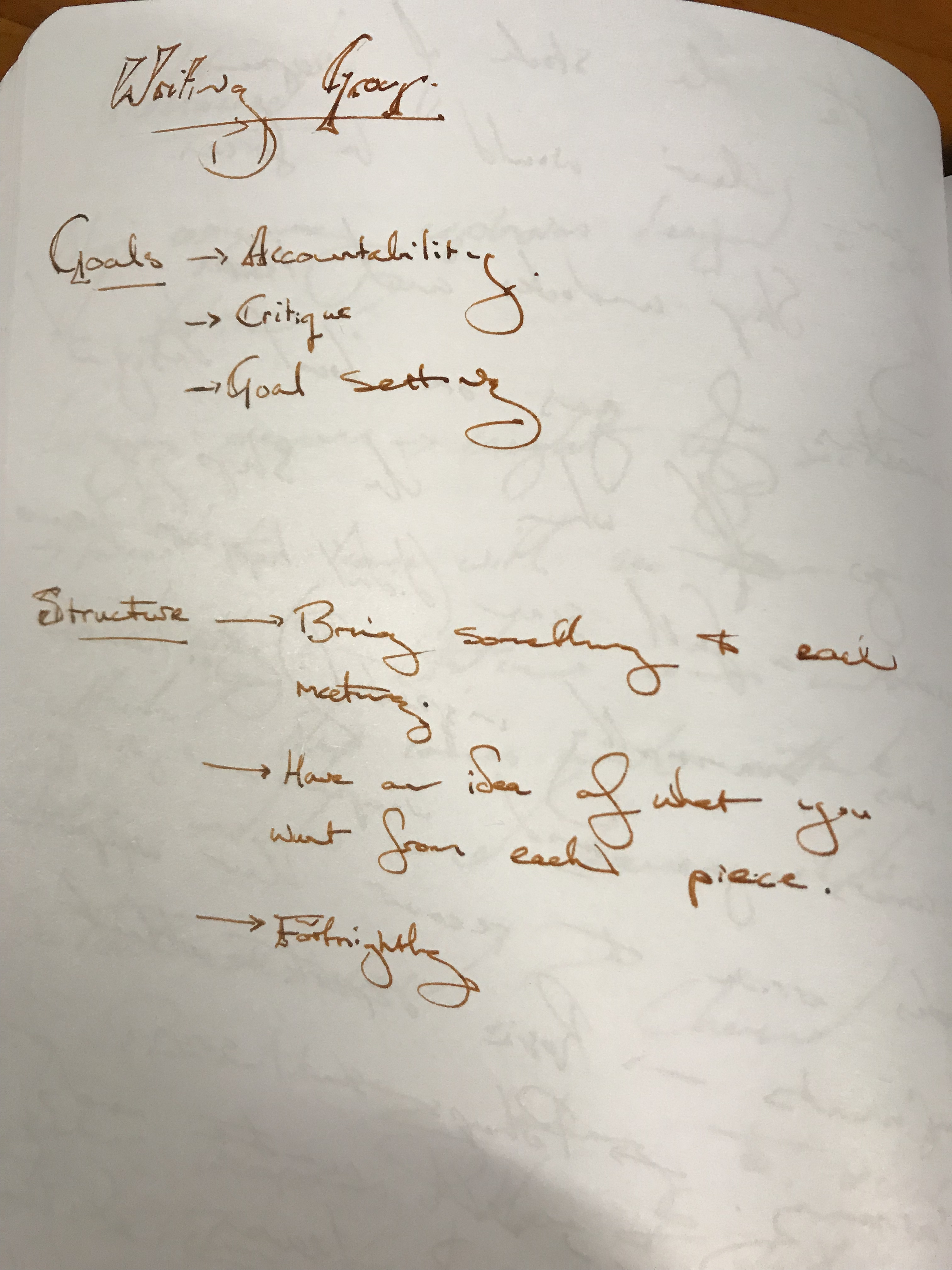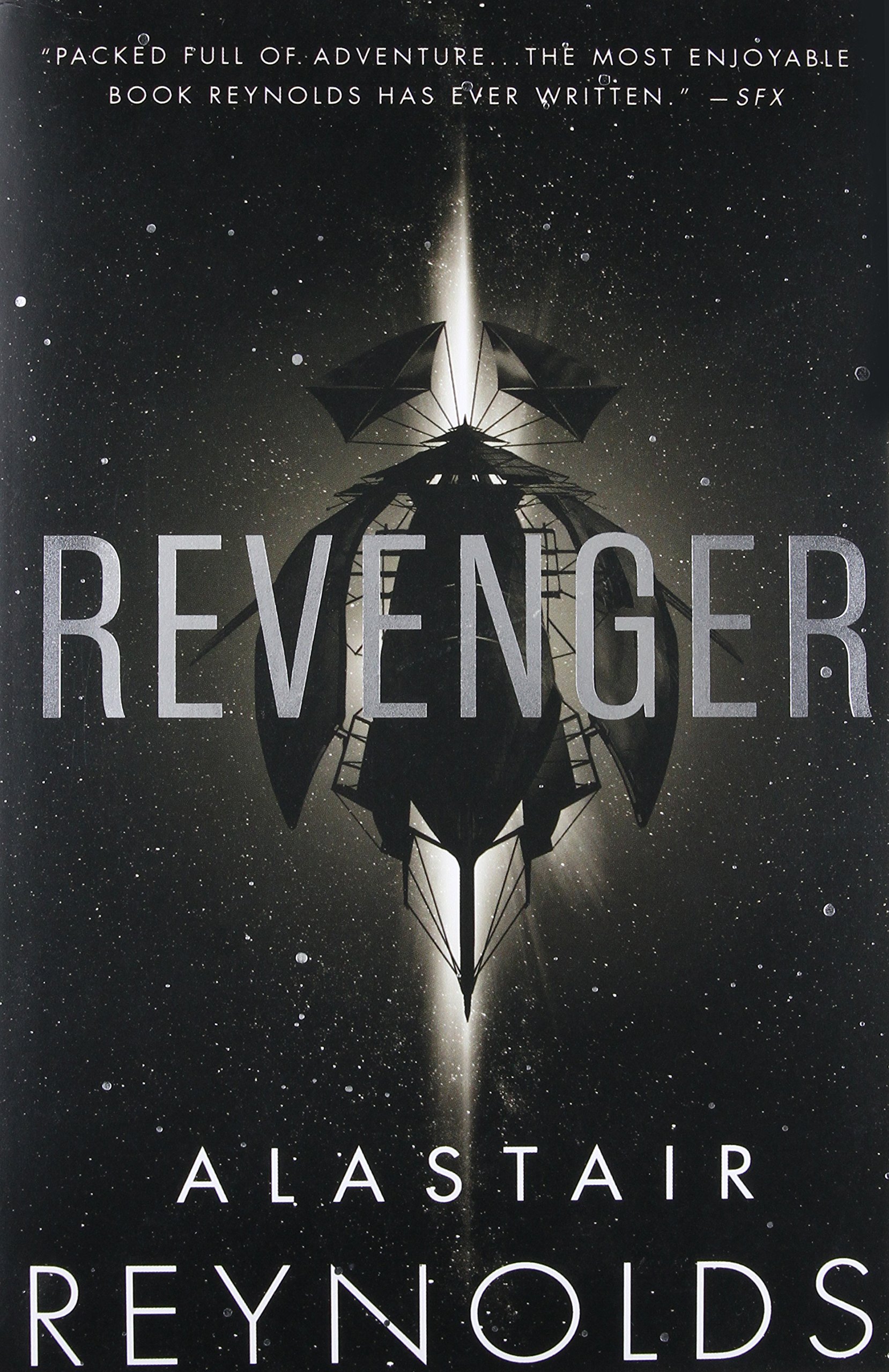Staring at a blank screen. All white. Waiting to be filled with words. What words though? A dozen story ideas percolate in the upper layers of my subconscious, grasping them is like grappling with fog. I know if I grab harder, push more, pin the thing down and try to examine it I’ll find the thread at its core to follow. But is it ready? Am I ready? If I pull at the thread will it unwind? Dissipate back into fog after the first few feet? Which to grasp at? There are too many…
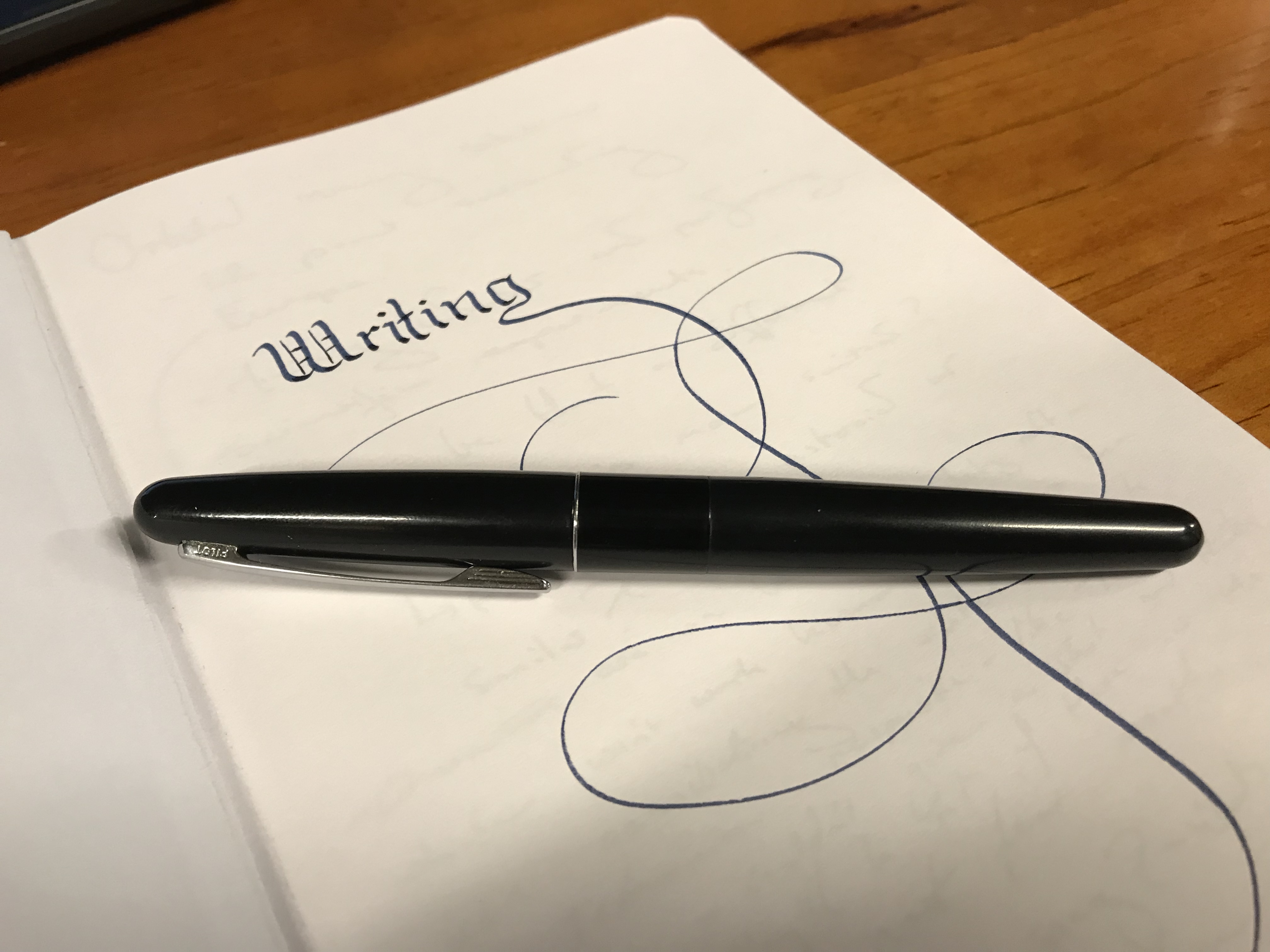
For the first time in three to four years I cleared my freelance roster, I had no deadlines looming, no things that needed to be done. I was free to write… But what to write? For a few days I did little more than open a word document and wonder what I should use to start filling that blank page. Which story idea? Which would lead somewhere? I was at a loss. At a loss I turned to what was easy, the role playing game I am working on has a list of things that need to be done. The obvious answer to the sense of gnawing indecision was to start with the first bullet point and work down. I want to write fiction though. I have the lofty goal of writing a novel manuscript this year, and yet, faced for the first time in years with the prospect of having that time I found myself doing what? Idly wondering where I should begin and actively finding other ways to fill my schedule. Avoidance, in other words.
Since late last year I’ve been catching up with a writer friend of mine regularly, and we’ve been pulling apart each other’s work. After schedules pushed our meetings back this month we finally had the chance to catch up again tonight. It was nice to talk. It was nice to mutually lament the maudlin state of indecision and the generally felt lack of progress. The talking itself was spur enough to get me moving. I am reminded of a favourite quote:
Variously attributed to either/both Nora Roberts and Jodi Picoult.
“You can’t edit a blank page.”
I must pick something, and I realise now it doesn’t really matter what. I must pull at that string, whether it leads to fog or somewhere else entirely.
I came away tonight from that catch up with a sense of purpose renewed: just pick something. I have a number of story ideas, I might pull at a few and see what unravels. Maybe they will be worth following, maybe they won’t be ready yet. But at least I have some drive returned.
We didn’t have much work to share with one another tonight, but in conversation I recovered my drive to get words down, to start something, to get things flowing again… Maybe I needed the break, even if it was just a few days, to reset myself, to stop looking at the whiteboard schedule, now empty, and wonder ‘what comes next’, and just push forward with a few things to see where they lead. It was good to talk, and good to be reminded how important talking is. I have to stop now though, there’s a blank page calling my name…
